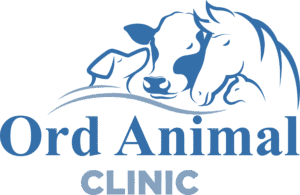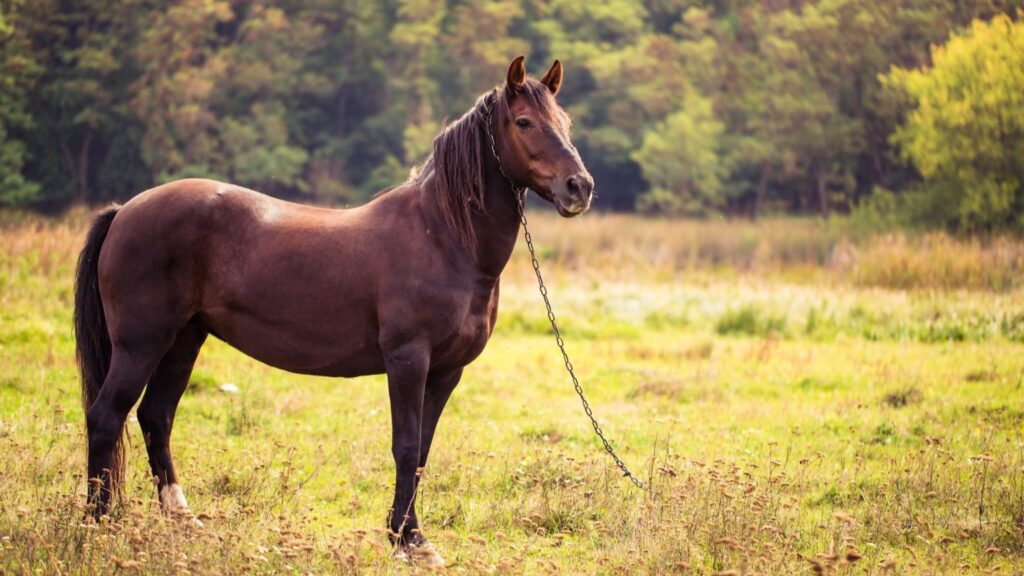When it comes to horse ownership, reproductive surgery can be an important part of long-term health and management. While castrations are fairly routine in equine veterinary medicine, spays are much less common but sometimes necessary. Ord Animal Clinic performs both equine procedures with expert care, ensuring each horse’s safety, comfort, and smooth recovery. Here’s what to know about castration and spay surgery in horses.
What Is Equine Castration?
Castration (or gelding) is the surgical removal of a male horse’s testicles. Horse castration is typically done between 6 months and 2 years of age, but adult stallions can also be castrated. This procedure can be performed on standing or anesthetized horses, depending on several factors.
The Benefits of Castration in Stallions
Improved Behavior
- Reduces aggression and territorial behavior
- Makes handling safer for riders, handlers, and other animals
Better Socialization
- Allows the horse to live and train with other geldings or mares
- Reduces risk of fights or injuries in group turnout
Easier Training and Focus
- Lower testosterone levels often lead to calmer, more focused behavior
- Can be more suitable for show, trail, or pleasure riding
Prevents Unwanted Breeding
- Controls overpopulation and manages breeding programs responsibly
What Is Spaying in Mares?
Spaying involves the surgical removal of ovaries in a mare. It’s less common than gelding but can be beneficial in specific situations, such as:
- Hormone-driven behavioral issues
- Ovarian tumors or cysts
- Performance mares with cycle-related problems
- Population control in certain management settings
An equine spay can prevent the recurrence of hormone-driven health issues and treat ovarian tumors, cysts, or complications. It can, in some cases, also reduce mood swings, distraction, or aggression tied to the heat cycle. If you are considering a spay for one or more of your mares, talk to a veterinarian about whether they think it will be beneficial for your horse.
When to Schedule Surgery for Your Equine
Timing depends on your horse’s age, health, and intended use. For colts, early gelding (6–12 months) is often ideal for faster recovery and easier handling. Adult stallions may require more monitoring, but the procedure is still highly effective. For mares, spaying is usually reserved for specific behavioral or medical reasons. A consultation and exam with an equine veterinarian can help determine whether it’s the right decision.
With an experienced veterinarian, you can expect:
- A pre-surgical exam
- Sedation or anesthesia based on the horse’s size and health
- A sterile surgical procedure
- Post-operative pain management and wound care
- Instructions for aftercare and follow-up monitoring
Most horses recover well with rest, limited activity, and a return to light work within a few weeks (depending on the procedure).
Performing Horse Spays and Castrations in Ord, NE
Spaying and castrating horses can lead to better behavior, health, and safety, from raising a young colt to managing a performance mare. Ord Animal Clinic performs equine reproductive surgeries, including cryptorchid surgery, for horses in Ord and from nearby areas like Burwell and Broken Bow. Considering gelding your colt or exploring spay options for your mare? Contact us to schedule a consultation.


